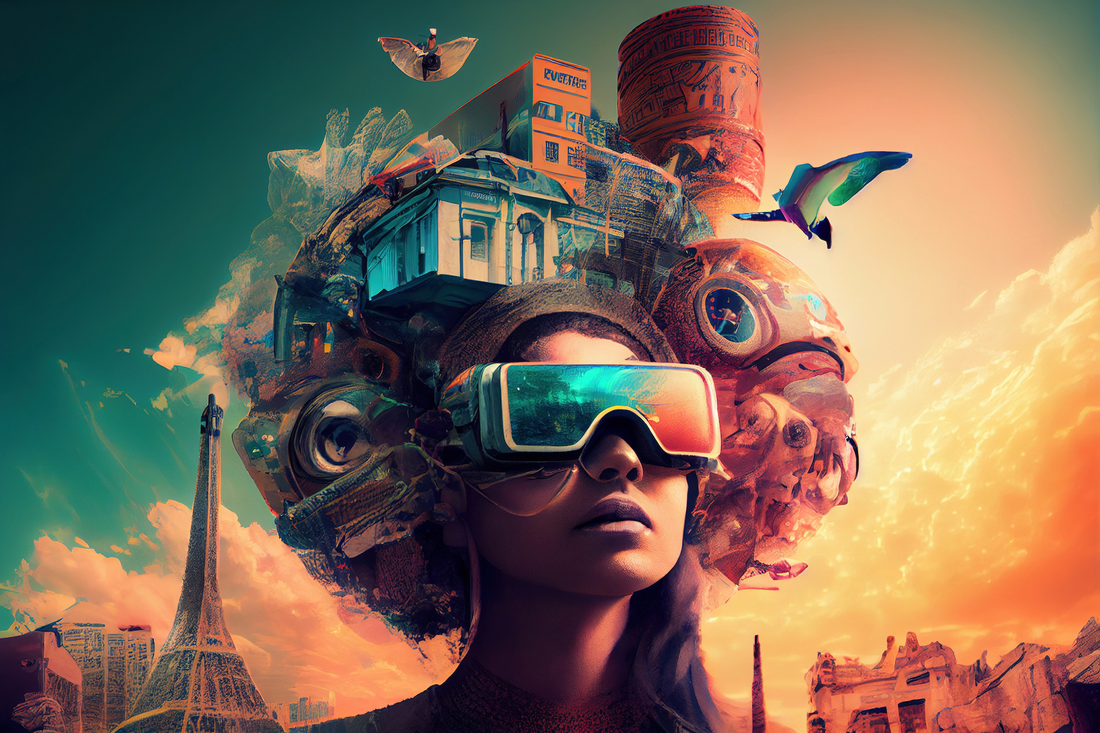
The Ethical Implications of AI in the Art Industry
Share
The Ethical Implications of AI in the Art Industry
Artificial Intelligence (AI) has transformed various sectors, and the art industry is no exception. While AI offers unprecedented opportunities for creativity and innovation, it also raises profound ethical questions. This article delves into the ethical implications of AI in the art industry, exploring the balance between technological advancement and artistic integrity.
The Rise of AI in Art
AI’s entry into the art world has been marked by the creation of impressive artworks, from paintings and music to literature. AI algorithms can analyze vast amounts of data to generate art that mimics human creativity. For instance, AI-generated paintings have fetched high prices at auctions, and AI-composed music has gained popularity. This technological marvel, however, brings forth several ethical considerations.
Authenticity and Ownership
One of the most pressing ethical concerns is the question of authenticity and ownership. Traditional art is valued for its connection to the artist’s personal experiences, emotions, and unique perspective. AI-generated art, however, lacks this personal touch. When a machine creates art, can it be considered authentic? Moreover, who owns the rights to AI-generated art? Is it the programmer, the user, or the AI itself? These questions challenge existing intellectual property laws and demand new frameworks to address the complexities introduced by AI.
The Devaluation of Human Creativity
The integration of AI into the art industry also raises concerns about the potential devaluation of human creativity. If AI can produce art that rivals or even surpasses human creations, what becomes of the value placed on human artists? This fear is not unfounded; the art market may shift towards AI-generated works, sidelining human artists. Such a shift could undermine the appreciation for human creativity and the diverse perspectives it brings.
Ethical Use of Data
AI algorithms are trained using vast datasets, often sourced from existing artworks. This practice raises ethical questions about consent and appropriation. Many artists are unaware that their works are being used to train AI, and they receive no compensation or recognition. This lack of transparency and consent challenges ethical standards and calls for more stringent guidelines on data use in AI training.
Bias and Representation
AI algorithms are only as good as the data they are trained on. If the training data is biased, the resulting AI-generated art can perpetuate and amplify these biases. For instance, if an AI is trained predominantly on Western art, it may fail to represent diverse cultural perspectives. This issue highlights the need for diverse and inclusive datasets to ensure AI-generated art reflects a broad range of human experiences and cultures.
The Future of Collaboration
Despite these ethical concerns, AI also offers exciting opportunities for collaboration between humans and machines. AI can be a tool that enhances human creativity rather than replacing it. Artists can use AI to explore new artistic frontiers, experimenting with styles and techniques that would be impossible to achieve otherwise. This collaborative approach can lead to a new era of artistic innovation, where human intuition and AI’s computational power work together harmoniously.
Conclusion
The ethical implications of AI in the art industry are complex and multifaceted. While AI has the potential to revolutionize the creation and appreciation of art, it also poses significant ethical challenges that must be addressed. Ensuring the authenticity, ownership, and fair use of data, preventing the devaluation of human creativity, and promoting diversity and inclusivity are crucial steps towards a more ethical integration of AI in the art industry. As we navigate this evolving landscape, it is essential to foster a dialogue that balances technological advancement with the preservation of artistic integrity and human values.
To see available artworks click https://avelarcamila.com/collections/all
